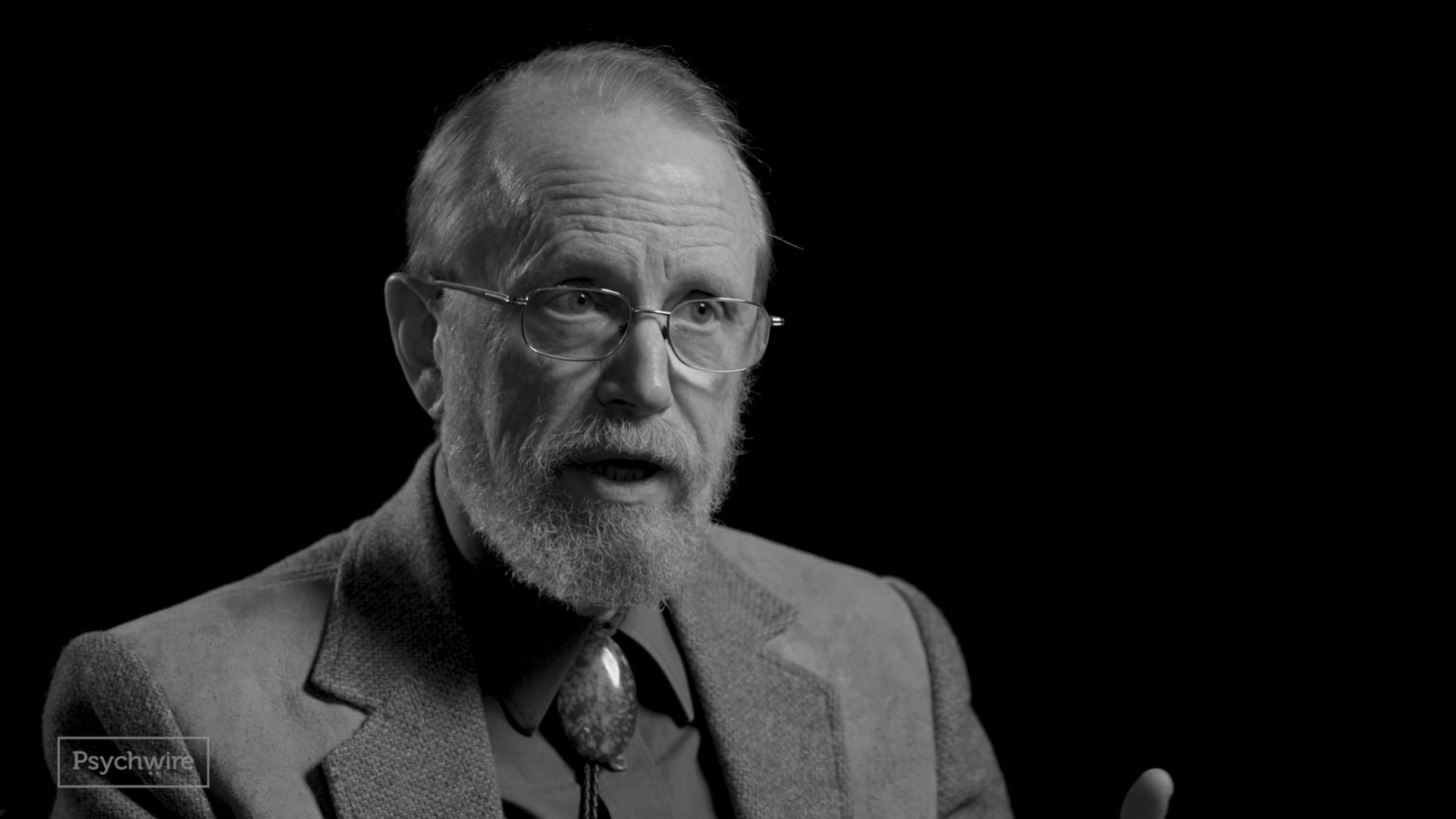
Change Talk and Sustain Talk
 Motivational Interviewing - Foundational
Motivational Interviewing - FoundationalWe began listening very carefully to what clients say during a session, and recognizing what we know called change talk, which is the client's own arguments for change. Anything they say that kinda moves them a little closer to changing. And also sustained talk, which anything they say that kinda moves them closer to staying the way they are and not changing. And we know now that those are really important, that you can predict change from the balance of those things.
If clients are making more arguments for change than against change, change is more likely to happen. Now you might just say, well, I knew that. Motivated clients get better, and unmotivated clients don't. The important bit is that that balance, how much change talk you hear and how much sustained talk or defensiveness you hear, is very much a function of the way you counsel. It's wvery much a function of what the interviewer is doing.
So you can influence that balance. If you start with someone who who kind of gives you equal amounts of arguments for change and against change, That's an operational definition of ambivalence, and you would predict the person wouldn't change. If you can begin to shift that balance so the change talk goes up in sustained talk and defensiveness goes down. You get to the place where change talk begins to overwhelm the other side. And changes more likely to happen. And the interviewer very much influences that balance.
That's a key piece of motivational interviewing. And is why we pay so much attention to evoking change talk to arranging the conversation in a way that invites the person. To express and to explore their own reasons and motivations for change.